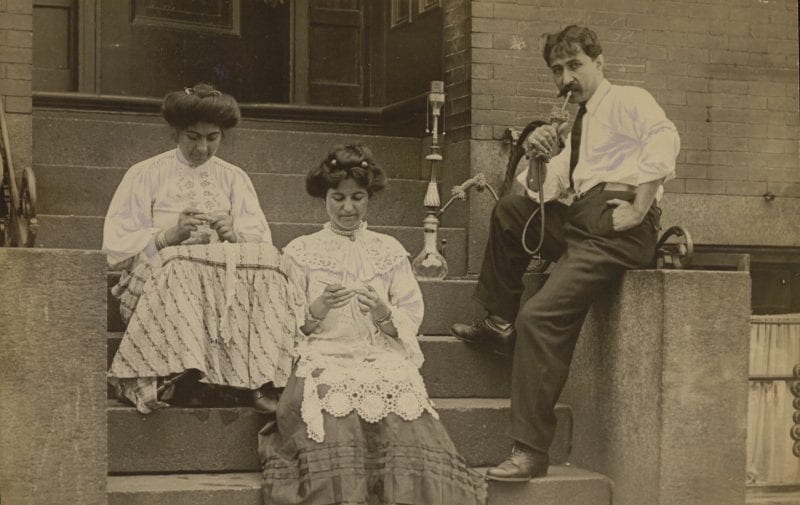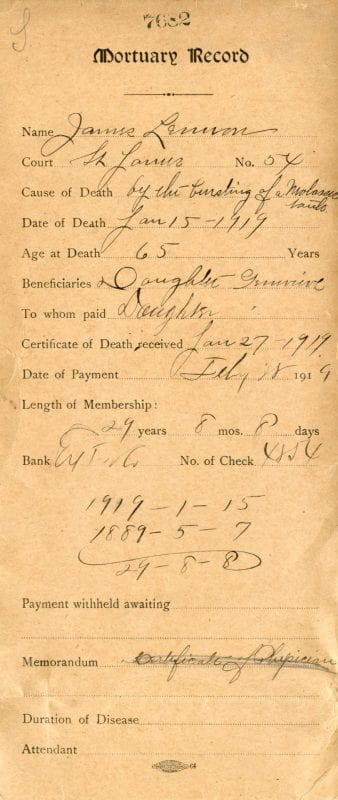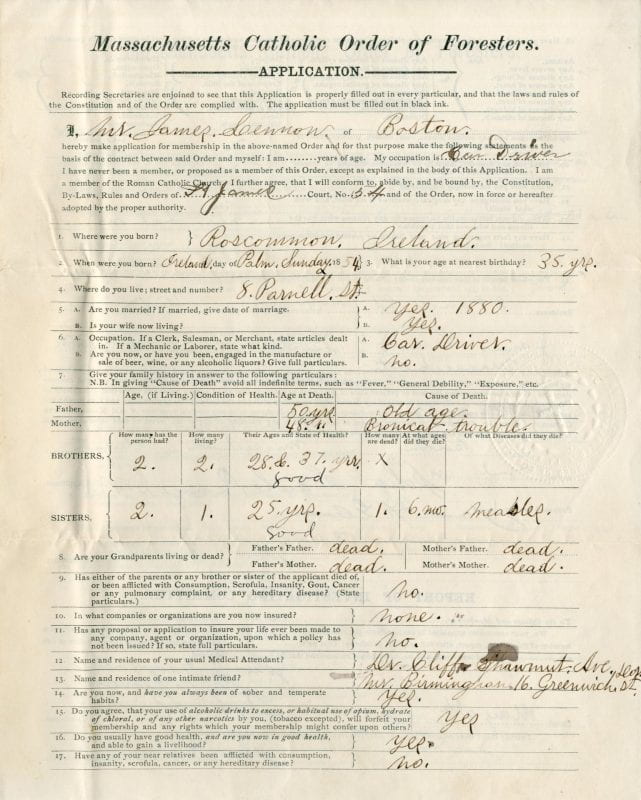How does a building’s history inform its use? What do the design movements of the past have to do with our daily lives in the present? UMass community members use brutalist buildings every day—meeting, studying, and working in spaces designed decades ago, often in need of renovation and reimagining, but also worthy of preservation and appreciation.
The Joseph P. Healey Library at UMass Boston is one such idiosyncratic building. Designed by Harry Weese, a Chicago native and a prolific architect of the mid-twentieth century, the library is the tallest building on UMass Boston’s Columbia Point campus. Construction began in 1972, just four years before the opening of Weese’s most famous creation—the Washington, D.C., metro system. The Healey Library shares the D.C. Metro’s iconic waffle slab ceiling design.

The Healey Library is at home in Boston, where brutalist architecture defines our cityscape. Boston’s brutalist landmarks include Madison Park High School (designed by Marcel Breuer and Tician Papachristou), the Carpenter Center for Visual Arts at Harvard University (the only building in North America designed by pioneering modernist architect Le Corbusier), and, of course, Boston City Hall. Brutalist DC offers a helpful definition of this controversial architectural style.

Faculty, staff, students, alumni, and community partners across the University of Massachusetts system established UMass BRUT in 2019 as a way to celebrate, preserve, and reimagine the mid-century brutalist public architecture on our campuses. UMass BRUT is bringing a one-day symposium to UMass Boston on Friday, October 24, 2025, which will offer community members the opportunity to reflect on the challenges and joys of the built environment of our campus.

The Brutalist Library: Rereading Its Legacy and Reimagining the Future will explore the significance, technical challenges, and future adaptation strategies of the modernist public library. The event will feature three panels: historians will examine the design and development of campus libraries, librarians will discuss the evolving role of libraries in the digital age and their spatial needs, and architects will address technical challenges and innovative solutions for renovating iconic structures. The symposium will feature tours of the UMass Boston campus and the Healey Library as well as an open discussion between attendees and panelists.
The UMass Boston campus master plan and recent renovations of existing campus buildings offer a unique opportunity to elevate the role of public architecture and how it adapts to the changing context of academia. Attendees will include students, faculty, librarians, historians, and members from allied professions such as architects, engineers, and contractors, along with the broader campus community and the general public. The symposium will foster cross-disciplinary conversation among all participants on how we may celebrate, conserve, and provide stewardship for our modernist and brutalist buildings now and in the future.
Join us on Friday, October 24, 2025, at UMass Boston. Learn more and register on the UMass BRUT website.








